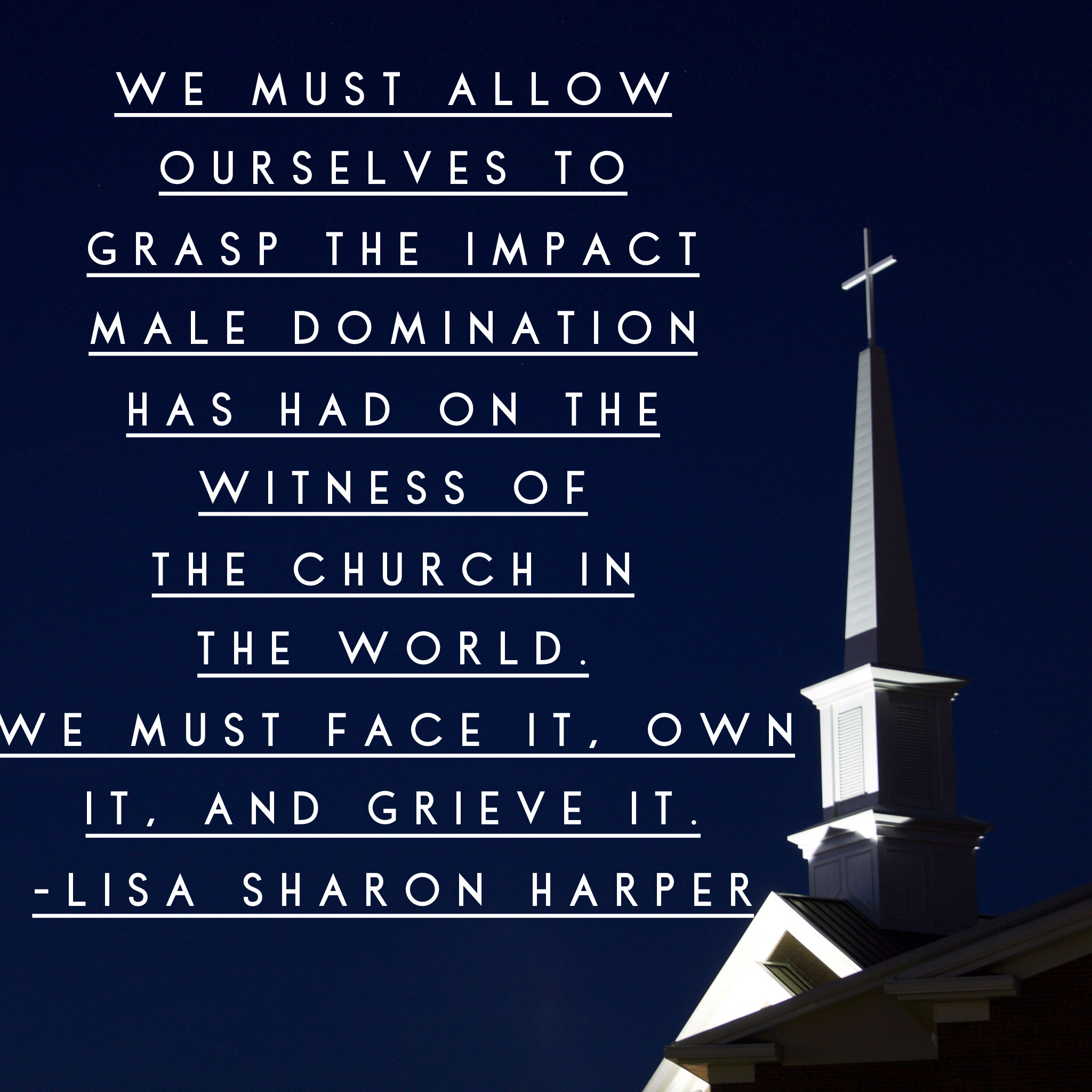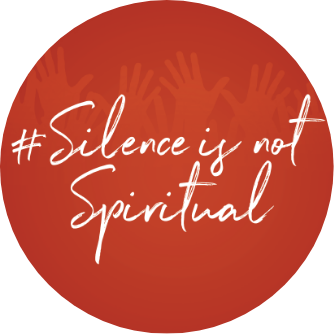restoring ezer

All the way to the days of slavery in America, every woman in my mother’s direct line of ancestry suffered sexual violence. This includes me. My great aunt died in the woods after being raped by her uncle. My third great grandmother, the last slave in our family, bore seventeen children by five “husbands”. Family lore says that her husbands kept dying or being sold away. It also is possible that she was forced to breed children on a plantation in South Carolina. She herself was half white, likely the product of a rape. Most of the women in our family suffered in silence, and some suffered again when they raised their voices to name their perpetrators. Fathers, cousins, even sisters and pastors minimized the pain and chastised the crushed ones for disturbing the peace.
The image of God was broken in me at a young age at the hands of a family member.
It was crushed again at the hands of men in the evangelical church who told me I was created to follow, not to lead. They told me that as a woman, I should not be able to co-lead a prayer group with a man. Another told me I could not lead worship if a man was there to lead. I internalized the devil’s lie that dominion was reserved for men.
Healing came gradually, I met the biblical character of Priscilla and was blown away that she was the leader in her partnership with her husband. Paul affirmed that by listing her first in his final greetings in 2 Timothy 4:19. She has become my hero. Then I listened to a sermon by mega church pastor Bill Hybels, who shared that he was concerned that his daughter, a gifted preacher, would not be able to flourish to her fullest capacity within the patriarchal culture of the church.
What will it take for us to restore Ezer (aid; help) in the church and in the world?
How do followers of Jesus restore the image of God in the world through holy disruption of culture, social, systemic, and structural norms? Here are a few practices I have witnessed that aim to restore the very goodness in interpersonal, systemic, and structural relationships between women and men.
Listen to the stories of women. A few months ago, I sat in a room with evangelical men and women leaders of color. Aware of the male-dominant cultures of both evangelicalism and communities of color, the leaders in the group set aside time for the women to share stories of subjugation and healing within the evangelical church. Each of us took three minutes to share our story. After each woman had spoken, the men asked clarifying questions. Men’s mouths dropped as they realized they had witnessed subjugation and not been aware of it. They had systematically or structurally participated in the dismissal of the image of God in their sisters. And, they had been party to injustice, even while working for justice.
Lament. There is real pain just beneath the surface. Women are suffering, often in silence, at the hands of physical or mental abusers and sexual abusers or under the reign of cultural patriarchy. The discussion of gender based violence is a fairly new one for most of the church. Before we allow ourselves to retreat behind protective dogma, we must allow ourselves to feel the pain of our sisters and brothers. And we must allow ourselves to grasp the impact that male domination has had on the witness of the church in the world. We must face it, own it, and grieve it. I recommend Soong-Chan Rah’s book Prophetic Lament: A Call for Justice in Troubled Times as a good next step to understanding the healing power of lament.
Confess. It is not enough to just see the problem. We must also own our part in it, both men and women. We must examine and interrogate our theological beliefs about gender roles. We must examine and interrogate our language and the systems and structures we build and maintain. Does our language reflect the male and female nature and image of God? Does it cultivate, protect and serve the co-dominion of males and females? Are the systems and structures we build and maintain actively and consciously cultivating, protecting, and serving the image of God in women?
Repent. Go and sin no more. We must mindfully move through the world conscious of the ways that patriarchy is a fallen construct in the kingdom of men. It is at war with the Kingdom of God. We must forsake it and choose God and God’s way to peace.
*Excerpted from The Very Good Gospel Copyright © 2016 by Lisa Sharon Harper. Used with permission of WaterBrook an imprint of the Crown Publishing Group, a division of Penguin Random House LLC.
Lisa Sharon Harper is the founder and president of Freedom Road, LLC. She is also the author of several books, including the critically acclaimed, The Very Good Gospel: How Everything Wrong Can Be Made Right, named by Relevant Magazine, “One of six books that will change the way you see the world.” A columnist at Sojourners Magazine and an Auburn Theological Seminary Senior Fellow, she writes extensively on shalom and governance, immigration reform, health care reform, poverty, racial and gender justice, climate change, and transformational civic engagement. Harper has been recognized by The Huffington Post as one of “50 Powerful Women Religious Leaders” and is considered one of the nation’s most influential voices on a faith-rooted approach to advocacy. Harper speaks extensively, nationally and internationally, and lives in Washington, D.C.


